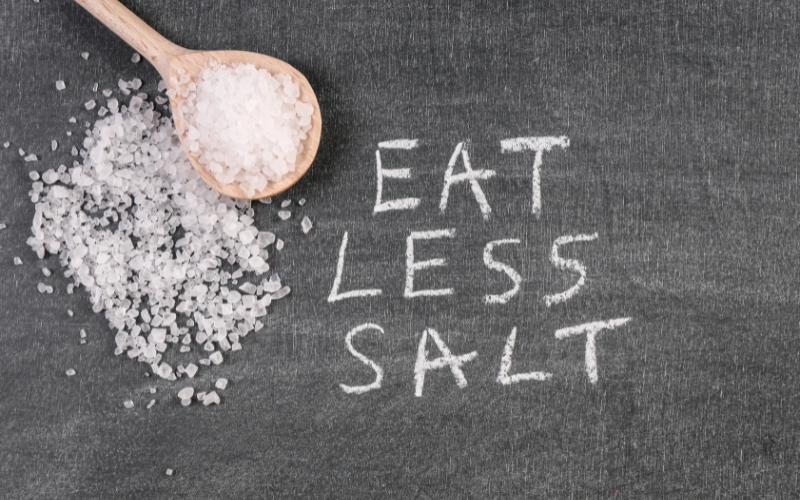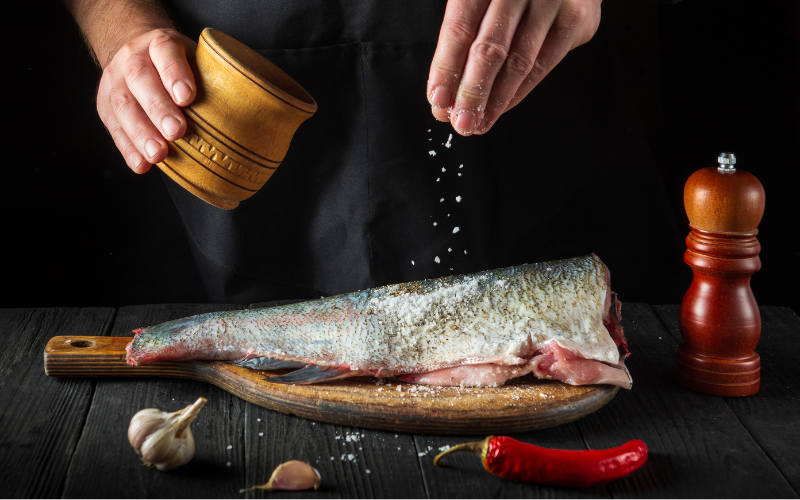Dr. Joanna: Keeping the Winter Weight Off

You’ve probably heard the expression ‘summer bodies are made in winter’ and while I really dislike the whole emphasis on getting your body beach ready for the warmer months, there is some truth to the expression.
Winter is a time when many of us tend to gain a kilo or two. Colder weather makes heartier, comfort food more appealing and extra layers of clothing makes it easier to ignore a little extra fat storage. At the same time inclement weather – I’m looking out at sheets of rain as I write – makes it tougher to get out to exercise, particularly if you’re a fan of outdoor exercise. Bootcamp on the beach is not such an attractive option in the cold, wind and rain.
Gaining weight through the winter is not however an inevitability. With a little due diligence we can avoid the winter weight gain and not put ourselves through the pressure of spring diets and scolding ourselves when we can’t fit into our summer wardrobes.
It is worth saying that in many ways gaining a little extra fat in winter is quite normal. It is of course what hibernating animals do. Store extra fat to see through the colder months – brown fat in particular is important for keeping warm – when food is more scarce. But let’s be honest. While there may be an evolutionary hangover leading us to a tendency to overeat and rest more during winter, we no longer face any food scarcity and really don’t need any extra fat to stay warm. Pull out your sweaters instead folks.
So, let’s make this year different and embrace prevention rather than cure. That route is almost always preferable and never more so than when it comes to weight control. Here are my top tips to avoid winter weight gain this year.
1. Change the type of food you eat, but not the principles of how you eat
What I mean by that is when it’s cold we absolutely should be eating different styles of food. A salad just won’t cut it on a cold, miserable day. Hot food is must and you are not alone in feeling better when you have this sort of food. However, the foundations of what constitutes a healthy meal and a healthy diet remain the same. That is eating loads of plant food, especially vegies, consuming good sources of fat, minimising processed foods and enjoying a variety of foods to give us the nutrients we need, while not overeating.
So out go the salads and in come the vegie soups. Out go the poke bowls and in come the casseroles and curries. But these can still be vegie-rich, served with wholegrains over refined and the energy density can be kept down by using tomato, spices, legumes, yoghurt and so on, rather than an overindulgence in cream, butter and coconut milk.
2. Maintain good eating habits
Eating in front of the TV is a sure fire route to overeating. Try to keep to a habit all year round of eating at the table where you can be consciously present during the meal. This helps you to recognise when you are satisfied and when you should stop eating.
Similarly avoid eating on the run or while distracted at your desk. Giving priority to mealtimes helps you to eat well and prevent overeating.
3. Keep up your exercise
You may need to change the type of exercise you do through winter, but set yourself a timetable for the week and stick to it. I find it useful to pop my exercise into my diary so that I know what I intend to do every day. Otherwise it’s all too easy to get to the end of the week only to realise you haven’t done a single thing.
Hot yoga might appeal on a cold day instead of a run. Or join in with a gym circuit or HIIT class. Take dance classes or join an indoor soccer or basketball team. Or invest in a rower or stationary bike for use at home.
4. Keep the kitchen stocked with healthy food
Coming home to an empty fridge when the weather is rotten will almost certainly lead to phoning for takeout… and while that can be healthy, it can be pretty tempting to opt for the pizza or energy-dense curry.
Dietlicious can of course help here. Having a few ready to heat meals in your fridge or freezer goes a long way towards better eating. They have a winter menu to suit the weather, helping you to keep on track without overconsuming kilojoules.
5. Get enough sleep
That might sound a contradiction for weight control – surely being up more makes you burn more energy? Well in fact it doesn’t. Being up longer generally gives you more time for eating and drinking, plus it stuffs up the diurnal patterns of various hormones involved in metabolism. All up research shows that those who sleep more tend to be leaner. So aim for a glorious 7-9 hours on most nights.
6. Keep up your water intake
You may not feel like drinking water when it’s cold – or you simply forget. But staying hydrated is key. So often we reach for food when in fact we need fluids. Drinking water at room temperature rather than chilled can help, or drink it hot with a slice of lemon. Tea or herbal teas are also a good idea. The main goal is to stay hydrated while avoiding too many kilojoule-containing drinks.











